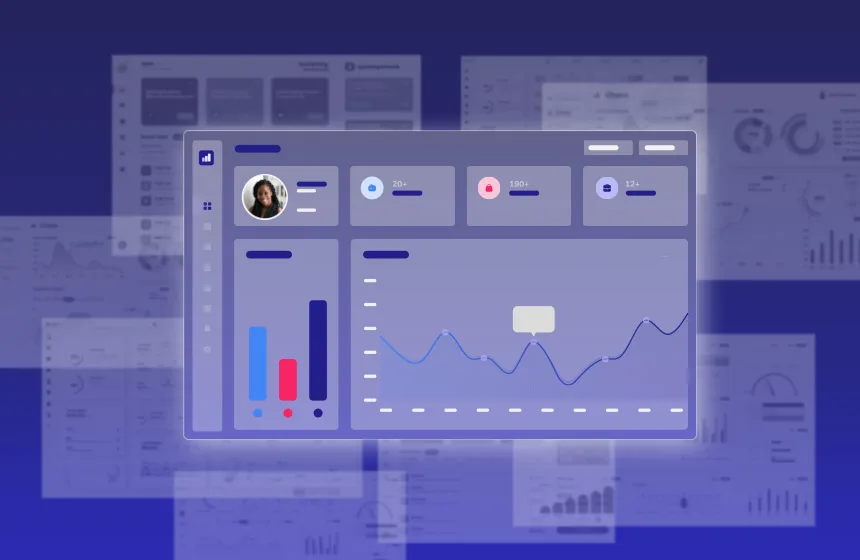Accelerate deals and increase win rates with the leading enterprise AI demo platform.
AE/SE Relationship Quotes

April 22, 2025
Table of Contents
Last week, I wrote about my favorite Account Executive (AE)/Sales Engineer (SE) pair – Devin and Julian. I told a story about one of the best working relationships I’ve seen between AEs and SEs. The post inspired some of you to reach out and share your stories. My question was on the working relationship between your salespeople and your sales engineers. Here are some of my favorite quotes!
AE : SE Quotes From the Field
Here’s what you shared.
My first quote came from the product leader at a company that is in half our stacks right now. He shared,
“We sell to sales, so our sales reps give great sales demos that really resonate from a ‘day in the life’ perspective. But once we started moving upmarket, it became clear that we also needed SEs on calls.”
I was fascinated by this.
I always thought the SE’s role came down to the complexity of your product, but this shows that it also has to do with the complexity of your audience. And the same persona/role at a much larger company behaves differently than their counterpart from a smaller org.
Maybe SEs become more necessary as soon as you start selling to companies of thousands of people, even if your product hasn’t changed.
A senior sales leader at a large database company echoed:
“SEs do the demo while the AEs keep the conversation on the rails.”
Got it. So you can work as a team in which you assign responsibilities based on personality types. Both do the sales demo together, and the SEs take care of the more technical aspect while AEs keep everyone engaged and interested.
The leader of product marketing for a rapidly growing org told me,
“AEs do the first demo, then SEs come in for a deeper dive that covers more technical aspects. In a technical sale, the SE can generate more trust in the buyer than a salesperson can.”
This approach made sense to me, and it does a lot to explain all the previous quotes. An AE can certainly deliver a technical SaaS demo in theory, but I’ve had personal experiences in which the prospect was for more comfortable hearing it from the SE than from me, the salesman. And having the AE do the first call protects SE resources from getting pulled in on any potentially unqualified product demos.
The president of a hot venture-backed marketing startup told me,
“We have AEs do business value demos on the first call, then the SE does a more technical deep dive after. AEs have much more time now to manage the sale.”
This looks like a brilliant way to delineate between the two.
I can absolutely see why this strategy would work. The AE starts with the more friendly sales pitch, then if the prospect is qualified and engaged, the SE backs up the sales pitch with technical facts. Let’s be honest, the prospect is going to believe your technical resource more than your sales resource anyway, so why not delineate responsibility this way and free up the seller to do more demand generation or other pursuits?
A former colleague of mine and a career marketing leader said,
“SEs generate more trust than AEs.”
I’m beginning to see a common thread. Prospects might trust SEs more because they can back up their knowledge with technical know-how, whereas we see AEs as salesmen first and foremost.
The head of sales engineering at an enterprise communications company said,
“I can teach sales skills easier than I can teach tech skills.”
Speaking in general terms, the SE is supposed to be the tech-savvy introvert, while the AE is known as the more social extrovert, and he or she can keep an audience involved. But according to this expert, he prefers to teach sales to the techie instead of teaching technology to the comedian.
I found this point to be intriguing. It left me thinking, should we just outfit our whole team to be SEs?
The leader of sales training and enablement at a market-leading e-signature software told me:
“Use SEs as an extension of management.”
This was my favorite line.
We know SEs to be systems-oriented. They’re orderly in nature, and they tend to follow the rules. AEs, on the other hand, tend to be more outbound, sociable, and harder to control.
Imagine empowering your SEs to help enforce process rules. It’s a great idea.
Then I heard from the most senior ranking sales engineer at a security company with a wildly technical product:
“I think sales enablement could train SEs more. I had to learn to sell in the school of hard knocks.”
What a wild thought! We’re having the SE take over the most important part of the sale but we’re not including them in sales training?
Is this happening everywhere?
Conclusion
I hope you’re having half as much fun reading these summaries as I’m having to do the research. I hope you’re taking insights you can then incorporate into your own day-to-day.
But really, I hope you feel compelled to reach out to me. If you have a fantastic story about how your AEs and SEs work together, tell me! If you’re an AE that wants to talk about your favorite SE, please let me know. And if you’re an AE that knows you’re not doing a single deal without your SE’s help, then please come tell me why.






